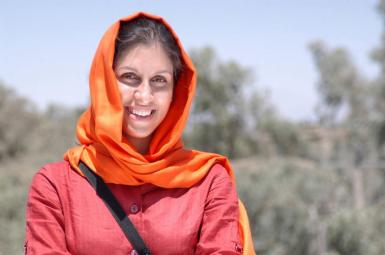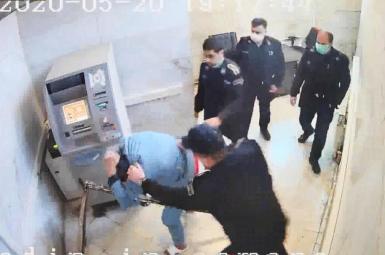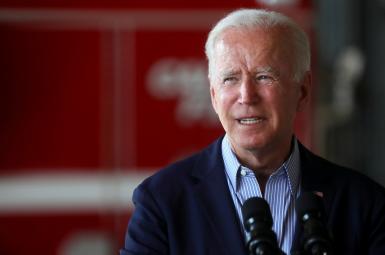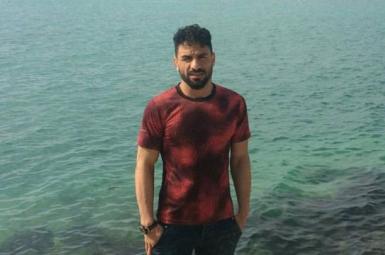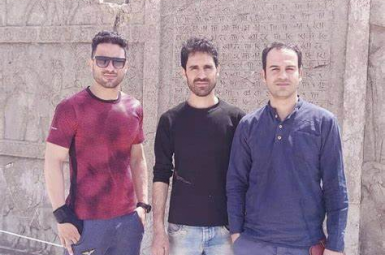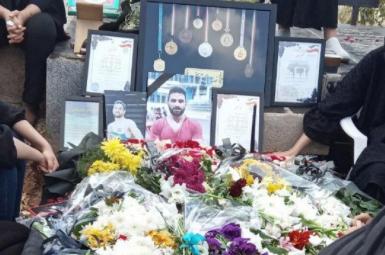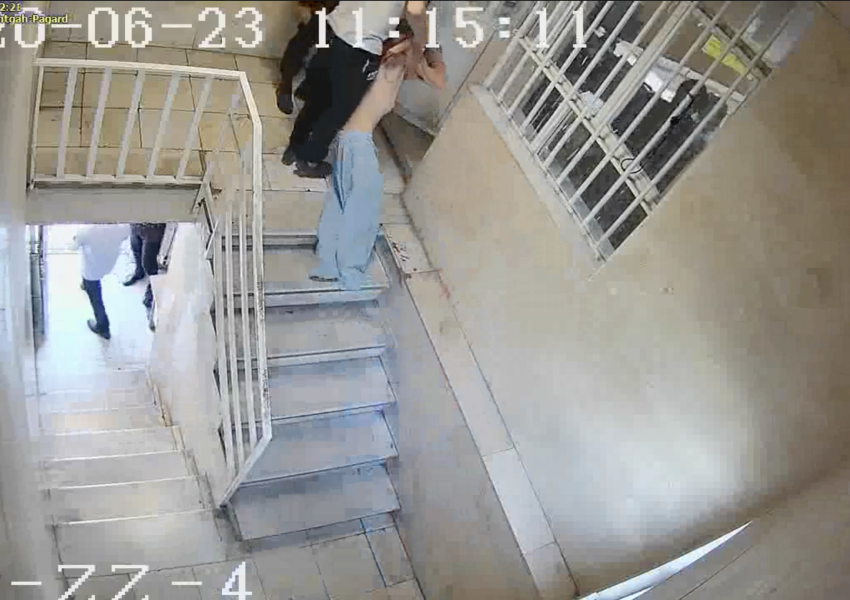
Sexual Harassment And Torture: Amnesty Verdict On Iran Prison Videos
Hacked videos from security cameras at Tehran's Evin prison offered "shocking visual evidence of beatings, sexual harassment, and deliberate neglect and ill-treatment of those in need of medical care," Amnesty International said in a statement Wednesday. The footage offered a "rare glimpse of the cruelty regularly meted out to prisoners in Iran.”
Amnesty said it had analyzed 16 of the video clips, which were acquired by hackers and distributed this week to media outlets. "It is shocking to see what goes on inside the walls of Evin prison, but sadly the abuse depicted in these leaked video clips is just the tip of the iceberg of Iran’s torture epidemic,” said Heba Morayef, Amnesty’s Middle East and North Africa Regional Director.
Despite assurances of an investigation by Mohammad-Mehdi Haj-Mohammadi, head of Iran’s Prisons Organization, and Chief Justice Gholam-Hossein Mohseni-Ejei, Amnesty called the videos a "chilling reminder of the impunity granted to prison officials in Iran who subject those in their custody to torture and other cruel, inhumane, and degrading treatment.”
Morayef said that Haj-Mohammadi’s apology for any abuse and expression of appreciation for Iran's "decent" prison officers gave the wrong impression that the guards’ behavior in the videos were "exceptional and the work of a few." She insisted that "torture and other ill-treatment are far too widespread and systemic in Iran’s prisons and detention centers to be presented as the work of a few ‘bad apples’."
Morayef urged Iran to immediately allow international monitors, including the United Nations Special Rapporteur on the situation of human rights in Iran, to conduct independent inspection of Evin and other prisons. Iran accuses UN of ‘double standards,’ including a suggestion that a previous rapporteur misjudged groups like Pejak, an armed Kurdish party that Tehran calls ‘terrorist' and since 1992 has not allowed visits by
Of the 16 video clips reviewed by Amnesty International, seven show prison guards beating or otherwise ill-treating prisoners; three show overcrowded prison rooms; three show assaults on inmates by other inmates; two show incidents of self-harm; and one shows a solitary cell.
Many former and current prisoners have alleged more serious ill-treatment than shown in the videos. This includes physical and psychological torture, sexual abuse, and forced confessions in prisons including Evin, where the Revolutionary Guards runs its own wards for political and security prisoners.
In February 2020, the BBC Persian service obtained letters from environmentalist Niloufar Bayani, serving a ten-year sentence at Evin, in which she said she had been subjected to at least 1,200 hours of psychological and physical torture by IRGC interrogators. These, she said, included threats of death and rape, showing her pictures of torture tools, and having to listen to descriptions of the torture and execution of others.
Navid Afkari, a 27-year-old wrestler convicted of killing a security guard in 2018, also alleged extensive torture aimed at a forced confession. His complaints did not preclude his hanging in Shiraz last September. In December 2020 Michelle Bachelet, the UN High Commissioner for Human Rights, in a statement said the execution of Rouhollah Zam, an activist and journalist lured to Iraq from France and captured there by Iranian agents, reflected a pattern of confessions extracted under torture.

